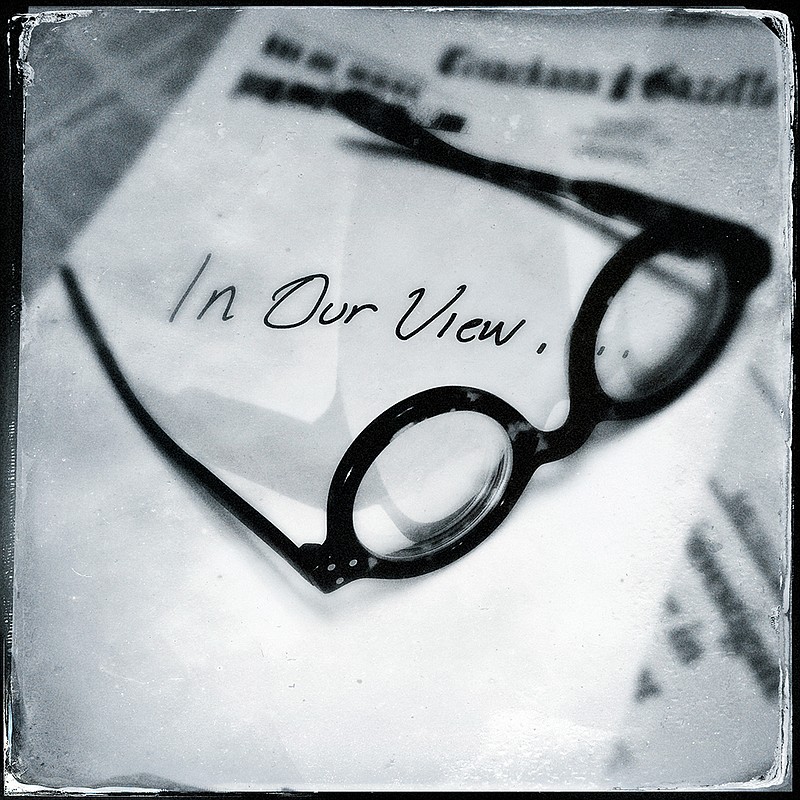Score another victory for the Trump administration - and the American taxpayers.
At least for now.
One criterion the federal government has used in the past to approve or deny immigrants permanent residency status is whether they are likely to become "public charges."
That means whether they will likely depend on government - or, we should say, taxpayer - assistance for an extended period of time.
For years the term "public charge" has been narrowly defined as those who receive cash assistance.
But in August the Department of Homeland Security announced that assistance would from now on include other benefits, such as SNAP - better known as food stamps - Medicaid, housing assistance and other non-cash subsidies.
Immigrants could now be denied a green card if they are likely to use government benefits for more than 12 months over a three-year period.
Well, some states, including New York, Connecticut and Vermont, along with immigrant rights groups, sued to block the change.
They persuaded a federal judge to issue an injunction against the new rule, but on Monday the U.S. Supreme Court by a 5-4 vote reversed that order. The DHS is now free to implement the new rules pending resolution of the lawsuit.
We don't know how all this will end - though the high court ruling gives some indication on where the justices' sympathies lie - but benefits, cash or non-cash, are essentially the same. Taxpayer money is spent on both.
Immigrants flock to this country because our nation offers the greatest opportunity for a better life. Most who come here work hard and make the most of it. We welcome them. Sometimes they need a little help and we don't begrudge that assistance. But there is a big difference between getting help and becoming a public burden.

